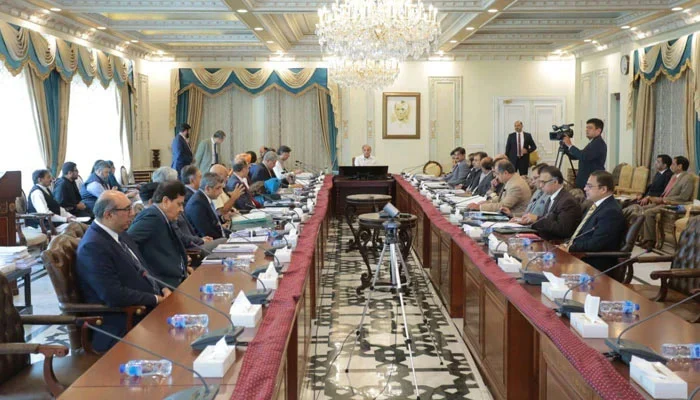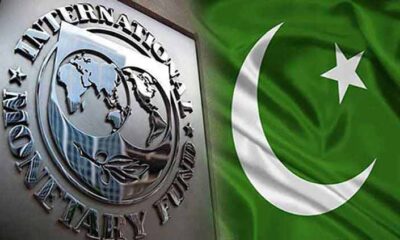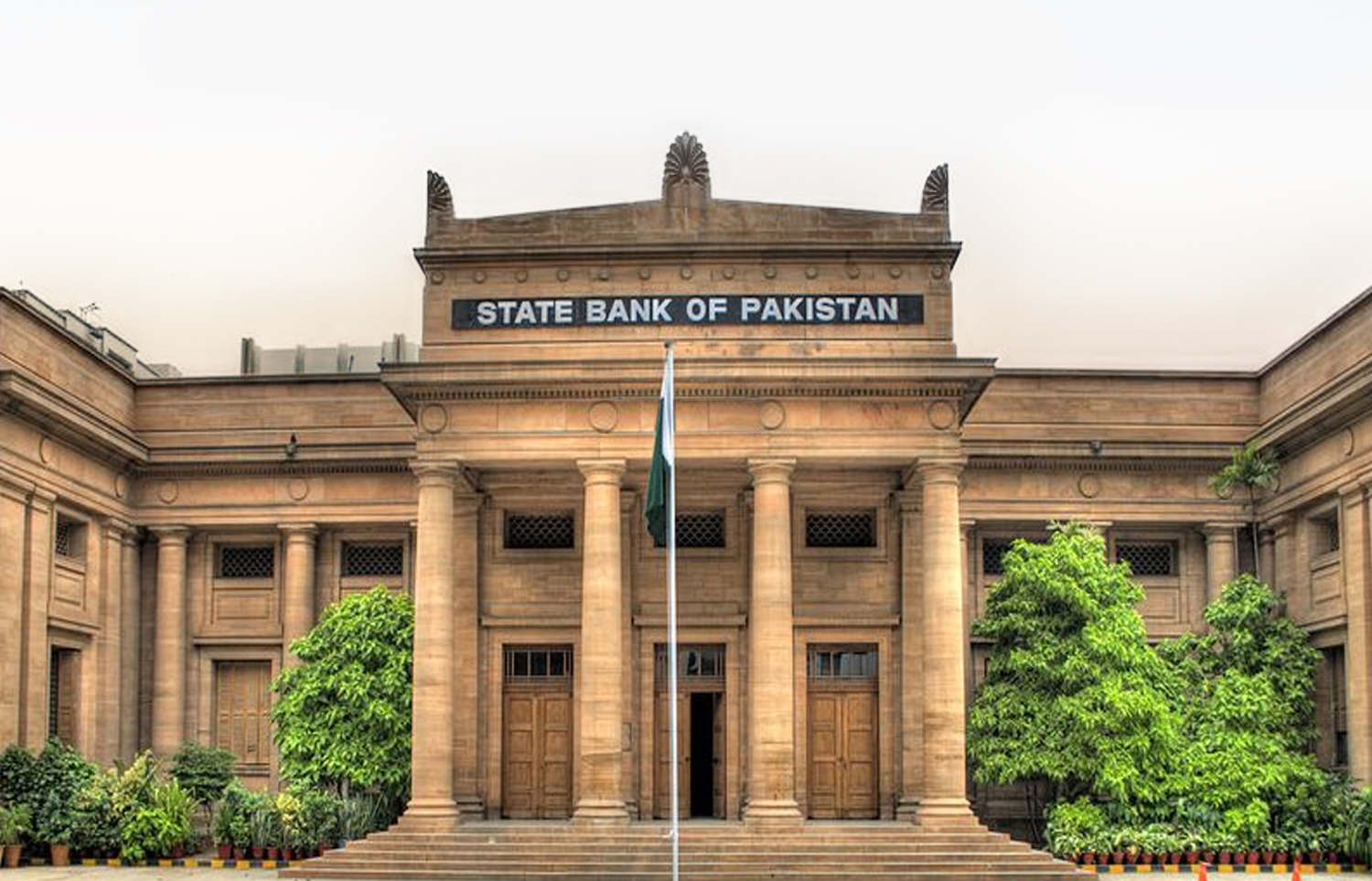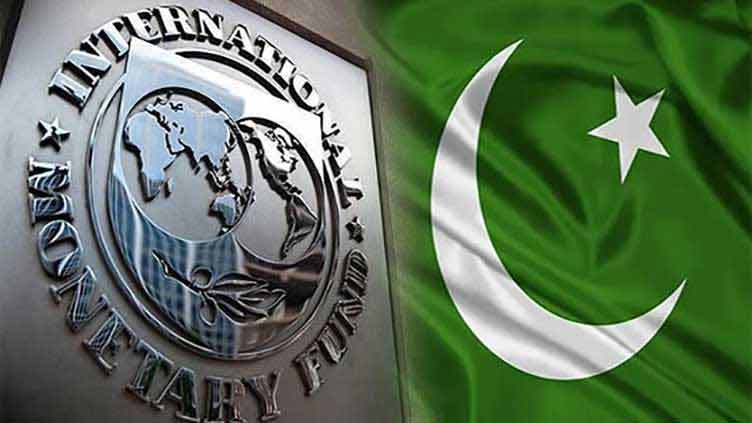- NEC approves national development outlay of Rs2.184tr.
- Approves slashing limit of approving schemes for CDWP from Rs10b to Rs7.5b.
- Okays funding of SDGs Achievement Programme at Rs70b to be executed through parliamentarians in coming budget.
ISLAMABAD: Amid the difficulties faced by the economic team in convincing PM Shehbaz Sharif to restrict the GDP growth target to 5% for avoiding overheating of the economy, the National Economic Council (NEC) on Wednesday approved a national development outlay of Rs2.184 trillion and a macroeconomic framework, including inflation of 11.5% for the next budget.
The NEC also granted approval for slashing down the limit of approving schemes for the Central Development Working Party (CDWP) from Rs10 billion to Rs7.5 billion and Departmental Development Working Party (DDWP) from Rs2 billion to Rs1 billion.
The NEC approved funding of the Sustainable Development Goals (SDGs) Achievement Programme at Rs70 billion to be executed through parliamentarians in the coming budget. It is ironic that the Planning Ministry did not incorporate figures of imports and exports in its macroeconomic framework for the next budget while the current account deficit (CAD) was put at 2.2% of the GDP, equivalent to $9.5 billion for the next financial year.
The macroeconomic framework for 2022-23 seeks that the size of GDP in dollar terms might go up to $414 billion for the next fiscal year. The GDP size in rupee term is projected to go up Rs78 trillion in the next budget. Minister for Finance Miftah Ismail had projected that the gross external financing requirements of $41 billion for next budget, including debt servicing of $21.9 billion, $12 billion current account deficit and remaining for building up of foreign currency reserves.
The NEC, which met under Prime Minister Shehbaz Sharif in the chair and was participated by federal ministers and chief ministers here at the PM Office on Wednesday, directed the authorities concerned to distribute the Public Sector Development Programme (PSDP) allocation of Rs800 billion at the federal level on the basis of 60:40 ratio of funds between the ongoing and new schemes respectively.
The Ministry of Planning proposed PSDP allocations on the basis of 80:20 ratio between the ongoing and new schemes for the next budget. The chief minister proposed that it should be distributed at the ratio of 75:25% between the ongoing and new schemes. However, finally it was decided that the PSDP funding would be divided into 60:40 ratio on ongoing and new schemes. After the NEC, the Planning Commission was forced to bring major changes into the PSDP allocations to provide 40% funding to new projects in the next fiscal year.
The premier insisted that the GDP growth should be fixed on higher side and target should be envisaged at 6% for the next budget. Federal Secretary Finance Hamid Yaqoob argued that it would have to be aligned with other macroeconomic targets and under the IMF programme, it would become problematic. Minister of State for Finance Aisha Ghous Pasha argued in the cabinet meeting that there was overheating of the economy, so the macroeconomics should be aligned with the objective to avoid such developments.
The NEC approved allocation of Rs2.184 trillion for National Development Plan for the next budget 2022-23, including a federal development outlay of Rs800 billion and provincial development plans of Rs1,384 billion. KP’s Minister for Finance asked in the NEC meeting for increasing funding for FATA in the next budget. The government allocated Rs52 billion for FATA areas in the coming financial year.
The NEC approved a macroeconomic framework for the next budget with a real GDP growth rate target of 5% against 5.97% for the outgoing fiscal year ending on June 30, 2022.
The government has projected that inflation will remain in double digits but expected to remain in the range of 11.5% but many economists have termed that the government made projections on lower side in the context of stabilisation programme being pursued under the advice of the IMF programme to withdraw fuel and energy subsidies and then raising taxation in the coming budget. The federal Public Sector Development Programme (PSDP) for outgoing fiscal year 2021-22 was revised downward from Rs900 billion to Rs550 billion and in the working paper, it was projected that the actual utilisation of PSDP funds would be standing at Rs498 billion till end June 2022.
The government inserted Mainline-1 (ML-1) as part of the PSDP and made allocation of just Rs5 billion in the next budget. The government allocated Rs18 billion for the Diamer Bhasha Dam (for dam part) and Rs7 billion for land acquisition for Bhasha Dam. The total cost of the Bhasha Dam is estimated at Rs479.686 billion. For ERRA, the government made zero allocation in the next budget.
Out of Rs 800 billion allocation for the PSDP for 2022-23, the government earmarked Rs433 billion for infrastructure, including Rs84 billion for energy, Rs227 billion for transport and communication, Rs83 billion for water and Rs39 billion for physical planning and housing sector. The government made allocation of Rs144 billion for social sector in the coming budget against an allocation of Rs103 billion in the outgoing fiscal year. Out of the total, Rs144 billion allocation for social sector, the government earmarked Rs23 billion for health & population, Rs45 billion for education, including Higher Education Commission (HEC), SDGs achievement programme Rs70 billion and others Rs16 billion. For provinces and special areas AJK and GB, the government made allocation of Rs96 billion and merged districts of KP Rs50 billion. The government allocated Rs 16 billion for governance, food and agriculture Rs13 billion and industries Rs5 billion.
The large multipurpose dams particularly Diamer Bhasha, Momand, Dasu, Naigaj dams, K-IV and command area projects have been adequately funded. Whereas, small scale provincial nature dams, drainage schemes etc. were discouraged for financing except those located in less developed districts/areas. An amount of Rs83 billion has been proposed for the sector.
The focus of the federal government is on core projects on infrastructure, including PPP mode projects. The ongoing projects of major roads for industrial linkages, promoting trade and commerce in the country have been assigned due priority for funding like projects of NHA, railways, maritime affairs, etc. for modernisation of infrastructure, inter-provincial/ regional connectivity, including initiatives under CPEC. New schemes in the sector have been discouraged unless critical. The allocation of Rs202 billion have been proposed.
The focus remained on projects of power evacuation, expansion and improving transmission and distribution system to minimise line losses and circular debt. Projects for supply of power to newly-established SEZs have been financed adequately. Besides, appropriate rupee cover against foreign funded projects has also been provided to self-financed power sector schemes.
Higher education is one the priority sectors of the federal government to meet the challenges of 21st Century. The emphasis was on completion of ongoing projects with adequate funding. New projects of universities have been discouraged unless those located in marginalised areas. An amount of Rs42 billion has been proposed.
Health sector remained priority post COVID-19 to provide improved health services, prevention and control of communicable diseases, production of medical devices, vaccination and capacity enhancement of institutions including provision of primary and tertiary healthcare facilities. An allocation of Rs23 billion has been proposed for the sector.
The subject of education stands devolved after 18th Amendment in the Constitution of Pakistan. Nevertheless, the federal government is making interventions in the sector for funding projects for improvement of uniform education system. Rs3 billion have been proposed for this sector.
To train the manpower in emerging technologies, establishment of incubators and accelerators to enhance the capabilities of researchers and research institutes for innovation and creation of knowledge products, focus of E-governance, IT enabled citizen services, promotion of IT software products, IT experts, freelancing, IT oriented startups and entrepreneurship, launching of 5G service in near future, information technology driven new initiatives are being promoted for young professionals, laptop distribution among university/college students to orientate and facilitate IT is also included in the PSDP. Rs38 billion have been proposed for this.
For modernisation and mechanisation of agriculture sector, productivity enhancement of major crops production through efficient irrigation practices, provision of laser land levelling machines, reduction in cost of agricultural inputs/ production by adopting right combination of fertilisers and certified seeds, promote agro-based industry to enhance export of value added agri based products are the initiatives incorporated into the PSDP, Rs13 billion have been proposed.

 Latest News3 hours ago
Latest News3 hours ago
 Latest News3 hours ago
Latest News3 hours ago
 Business2 hours ago
Business2 hours ago
 Latest News2 hours ago
Latest News2 hours ago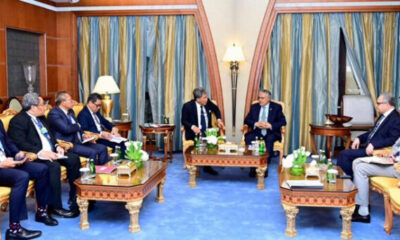
 Latest News4 hours ago
Latest News4 hours ago
 Latest News2 hours ago
Latest News2 hours ago
 Latest News2 hours ago
Latest News2 hours ago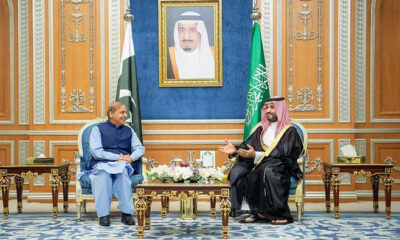
 Latest News2 hours ago
Latest News2 hours ago
